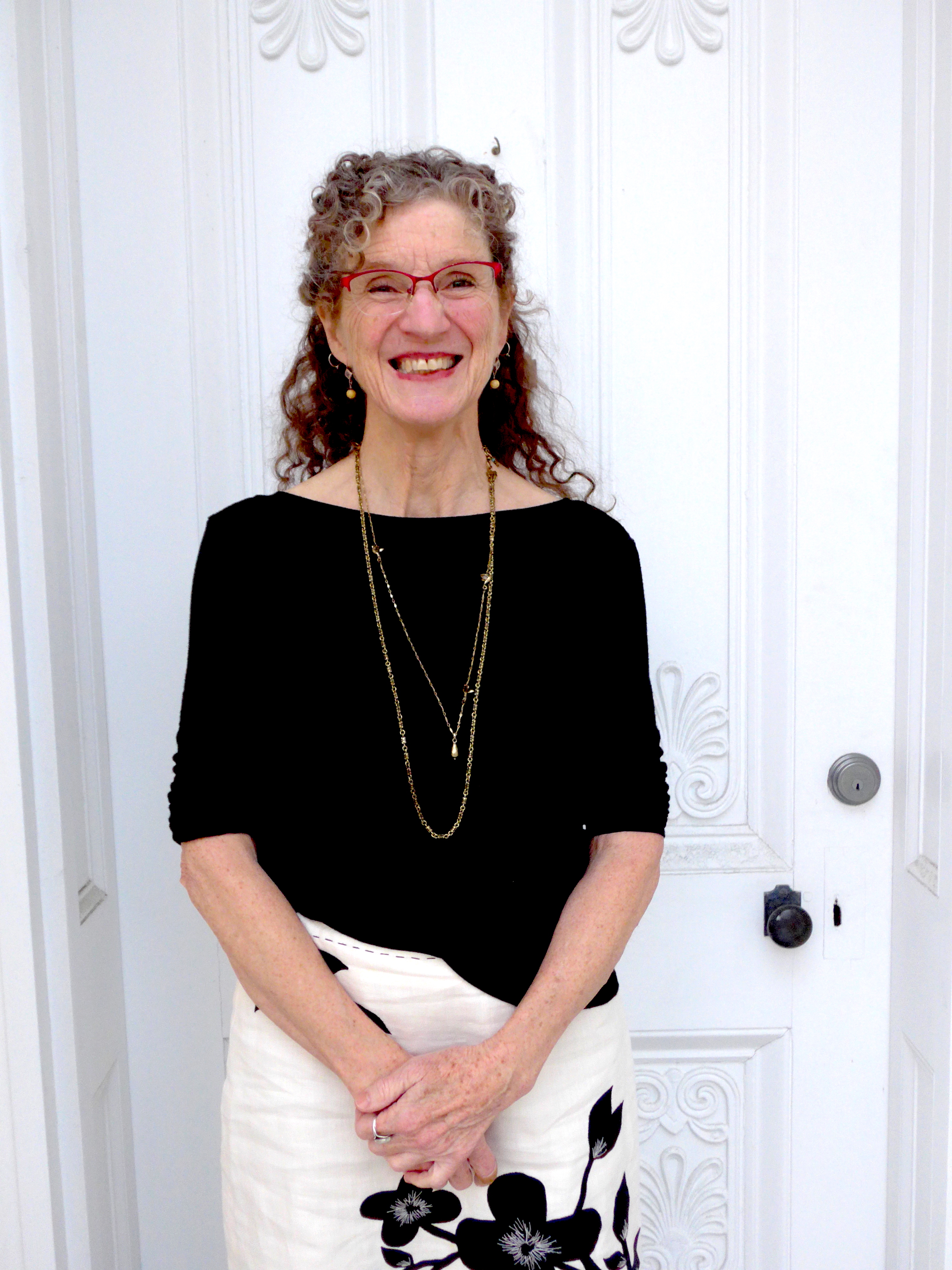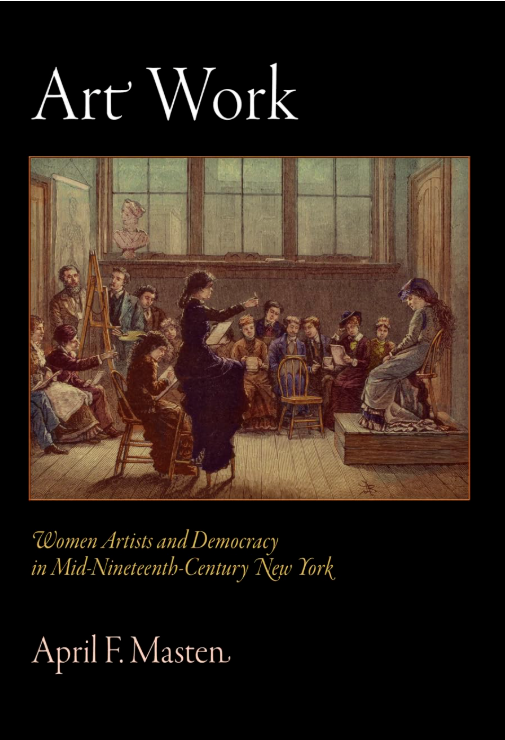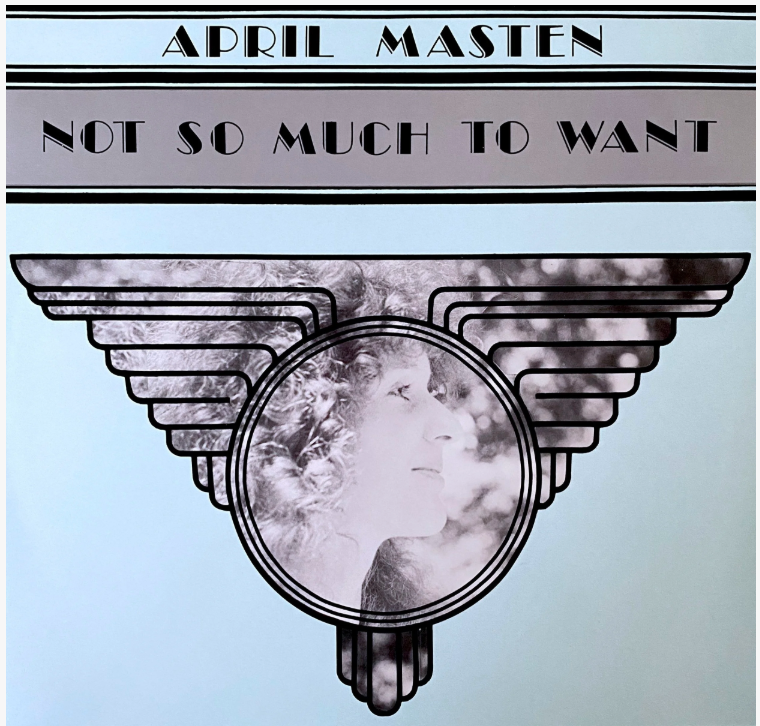
APRIL MASTEN
Professor (Rutgers University, 1999)
Curriculum vitae
Office: SBS S-313
Email: april.masten@stonybrook.edu
Interests: Nineteenth-century U.S. social and cultural history
April F. Masten is a Professor of American History at Stony Brook University, where she teaches graduate and undergraduate courses on the Early Republic, antebellum, and Civil War eras, early industrialization, art as labor, women, and popular culture. She has also developed a unique research seminar called Dancing Through American History in which students learn to waltz, ring shout, lindy hop, jig, and salsa to complement their archival study of the people, places, and periods that produced these dances.
As a scholar, Masten considers herself a labor historian of the arts, especially painting and print-making, dancing, and music. Every art form acquires its meaning and value from the conditions of its production and reception, explains Masten. Critical recognition and financial success depend not just on an artist’s individual talent or genius, but on the prevailing social, economic, political, and cultural structures of opportunity. She studies those structures, both institutional and ideological, over time, as a way to recover the experiences of the remarkable though often obscure men, women, and children who aspired to develop their creative abilities, express their deepest selves, and earn their livings doing so.
Her first book, Art Work: Women Artists and Democracy in Mid-Nineteenth-Century NewYork, Penn Press, 2008 (The Arts and Intellectual Life in Modern America Series) explores the surprisingly egalitarian cultural landscape of 1850 through 1880 in which thousands of young women, aided by the Ruskinian “Unity of Art” ideal and radical artisan reformers and philanthropists, managed to study the visual arts at New York’s Cooper Union and become professional artists, albeit in an emerging industrial society that extolled masculine genius and exploited women’s labor in all realms.
Her latest book, Diamond and Juba: The Raucous World of 19th-Century Challenge Dancing (University of Illinois Press, December 2025 (The Working-Class in American History Series), recovers the careers of two celebrated jig dancers, Irish American John Diamond and African American William Henry Lane (known as Juba), as they competed for high stakes and championship belts in the taverns, circuses, and theaters of antebellum America. Their extraordinary stage rivalry unfolded amid a rising tide of nativism and negrophobia that drove them closer even as it divided the nation. Out of this cauldron came a “purely American” dance and sport – challenge dancing, which continues to flourish, inspire, and unite young people around the world.
Masten has also published essays on the overlooked artistic contributions of artists’ models, the pitfalls of researching under-documented lives and writing interdisciplinary history, Black and Irish cultural interaction, and the joys of teaching history through dance. Her essay “Shake Hands? Lilly Martin Spencer and the Politics of Art” (American Quarterly, June 2004) won the 2005 Article Prize from the Nineteenth-Century Studies Association. She has also won two awards for her classroom practice: the American Historical Association’s 2021 Eugene Asher Distinguished Teaching Award and the 2021-2022 SUNY Chancellor’s Award for Excellence in Teaching.
Masten’s research has been supported by grants and fellowships from the American Antiquarian Society, Houghton Library at Harvard, Shelby Cullom Davis Center at Princeton, and the National Humanities Center. She holds a PhD in American History from Rutgers University, an MA in the Social History of Art from the University of Leeds, England, and a BA in Music and Dance from San Francisco State University. A singer-songwriter before she became an historian, Masten has also produced an album of her original songs. She lives in Setauket, New York, with her partner in time, historian Vincent DiGirolamo, teaches dance classes to adults, and keeps close ties to her hometown of Carmel, California.
 |
 |
 |
“Dancing through American History,” Common-Place vol. 6, no. 1 (October 2005).
Jean Graham, “So You Think You Can Dance: Dancing Across Cultural Lines,” The American Scholar (Dec. 4, 2017).
April Deocariza, "Dance Herstories: Three Inspiring Women Share How They Are Using History to Expand the Dance Education Landscape," DanceTeacher (March 22, 2022).
